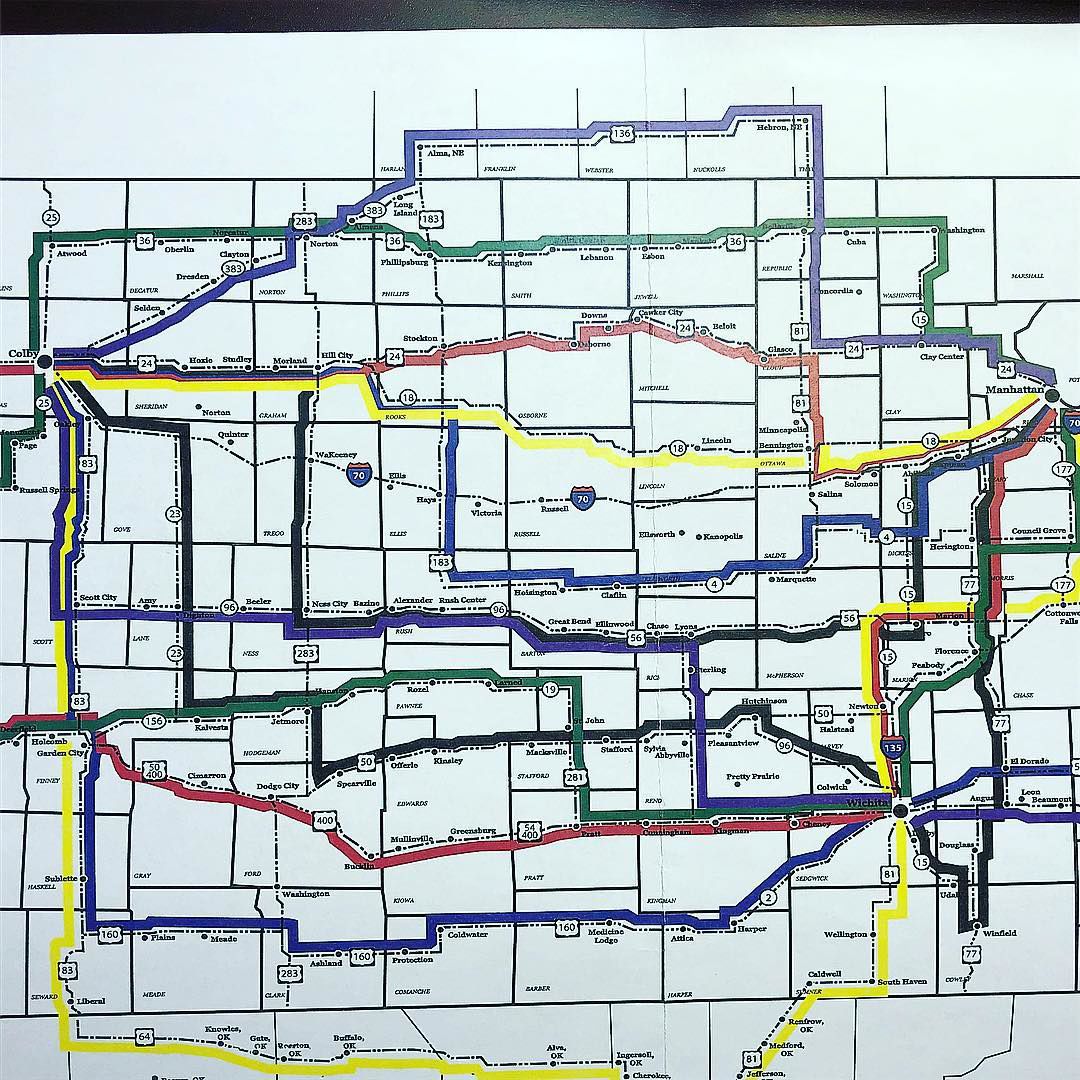For the first time in the recent history of the Wheat Quality Council’s Hard Winter Wheat Tour, the organizers canceled the tour because of concerns over the potential spread of COVID-19. The tour was supposed to take place May 4 to 6, but in the end, it was a very logical decision, said Dave Green, WQC director.
“You just can’t take 100 people from large cities and run them through rural Kansas and get someone sick,” he said. Participants travel across the state over the three days of the tour, stopping in wheat fields for measurements along set routes. The carloads stop along the way to fuel up at gas stations and eat at small restaurants and stay in local hotels, and those are all large opportunities for unintentionally spreading the novel coronavirus, Green explained. It just wasn’t worth the risk of unintentionally introducing the virus into those rural communities.
“You know, bringing 100 people into Kansas from around the country and around the world and taking them through small towns on this tour is a good event for Kansas, just not good this year,” Green said.
Like it or hate it, the winter wheat tour gathers data points each year in a consistent and public methodology, Green said. That’s why losing this year’s data is going to be tough across the wheat chain. There’s been talk of conducting a modified tour, virtual tours, or even having farmers go out and measure their own fields and submitting those data points, but Green said that would be skewed data because no one could guarantee the methodology of the collection.
On the typical wheat tour, each car has a driver who’s experienced and trained to answer questions, plot field stops along the pre-marked routes in a consistent fashion, and otherwise monitor the other tour participants in how the data points are collected, Green said.
“Say we involve farmers and have them go to their fields and take measurements. I can’t control what fields they stop at, if they are along our routes, or if they choose a field and try and bias the data,” Green said. It’s a matter of credibility of the data collection, he added.
“If I’m proud of anything, I’m proud of our credibility,” Green said. “You can complain about how we do things, but it’s all out in the open. We travel the same routes every year. We use the yield formula from USDA, with an updated 10-year-average for the Kansas crop model. You may think that’s too low, and it may be true, but it is what we use.
“People can argue that we’re always too high, or too low, but at least our method is out in the open,” he added. That method is what ultimately provides credibility to the data.
Right now, there are no definite plans for an alternative to the wheat tour, Green said. But, there are some who are looking at other options for providing a snapshot of the wheat crop this year, just as a reference point for the industry. Those plans may still come to fruition, but that remains to be seen.
Jennifer M. Latzke can be reached at 620-227-1807 or [email protected].



